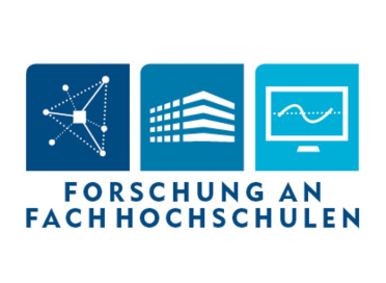Interaction of microbiota, motility and enteric nerve system (ENS) in the gastrointestinal tract
Microorganisms are extremely important for the well-being and health of humans. The use of human microbiota is especially obvious in the digestive tract. The human intestine harbours c. 1012 bacteria per/gramme content. Besides the processing of nutritional components, the human microbiota also influence the immune system and play an important role in fighting pathogens. Until now however only a fraction of the human microbiota have been structurally and functionally classified; many functions, metabolic pathways and interactions are still unclear. The latest findings also suggest, for example, an intensive interaction with the human nerve system.
The goal of the project is the investigation of interactions and dual modes of action of intestinal bacterial strains - both alone or in complex combination - with the enteric nerve system (ENS) of the gastrointestinal tract, the so-called "second brain", which among other things, largely automonously controls our digestion. The experiments should provide a basis to apply therapeutically and in a focused manner, bacterial combinations to influence nervousness-related or neuronal-modulated gastrointestinal or systemic disease parameters, as well as to gain new insights into the function of the intestinal microbiota in neuro-degenerative diseases such as Parkinson's or Alzheimer's.
Your key contact
I'm happy to answer any questions about the project

Information and Media Center (IMZ) /
Institute for Applied Research (IAF)

